15 Home Buying Tips From Suze Orman

15 Home Buying Tips From Suze Orman
Buying a home is a big decision -- but some expert advice can help
Buying a home can change your life personally and financially in profound ways.
You need to make sure purchasing is the right financial decision and a choice you'll be happy with in the long term. Finance expert Suze Orman has offered a lot of homebuying advice. Here are 15 of her best pieces of wisdom to consider before you move forward with making an offer to commit to a property of your own.
5 Stocks Under $49
Presented by Motley Fool Stock Advisor
We hear it over and over from investors, "I wish I had bought Amazon or Netflix when they were first recommended by The Motley Fool. I'd be sitting on a gold mine!" It's true, but we think these 5 other stocks are screaming buys. And you can buy them now for less than $49 a share! Click here to learn how you can grab a copy of "5 Growth Stocks Under $49" for FREE for a limited time only.
Previous
Next

1. A house is a good investment, even during a recession
If you're concerned about buying a house in an economic downturn, your worries may be overblown, according to Suze Orman.
"I don't think you're going to see homes go down really in value," Orman told Yahoo Finance in a June interview. "You know, the truth is, real estate always does pretty well during a recession."
If you're in a good financial position to buy a home and plan to stay there for a while, Orman is likely right that you should still feel confident purchasing a property even if the country's GDP is in negative territory.
ALSO READ: Here's What a Recession Could Do to the Housing Market
Previous
Next
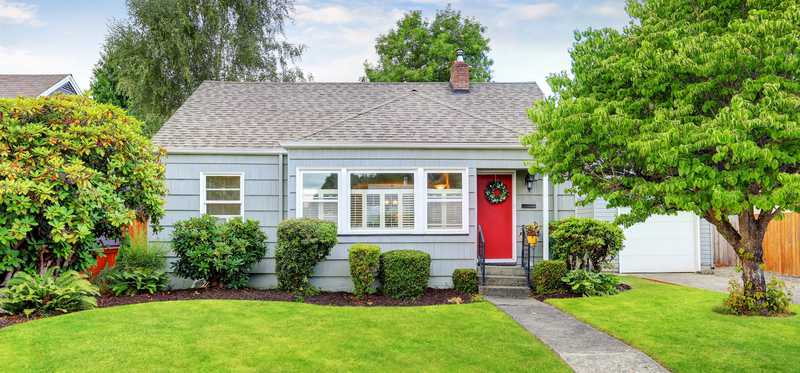
2. Buy a smaller house
In an article addressing retirement savings on her blog, Orman said to always "buy the smaller house."
As she correctly explained, larger properties come with much higher upfront and ongoing costs, including more expensive utilities. She suggests spending the minimum needed to meet your needs to free up money for other financial goals.
Previous
Next
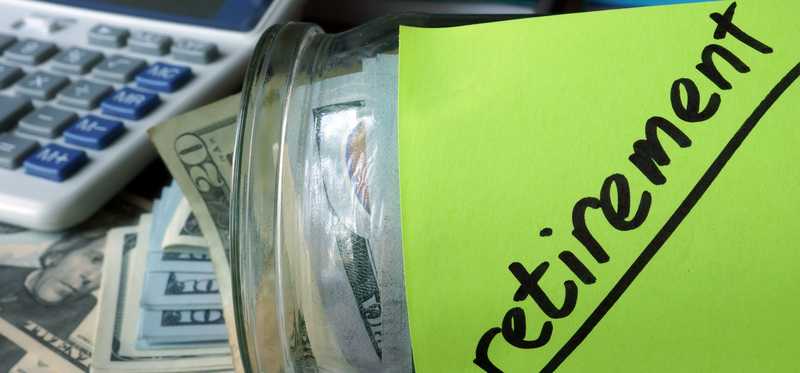
3. Plan to downsize a bit before retirement
Orman had some wise words about what to do with your home in retirement if you've bought a larger house.
She suggested downsizing in your 50s and 60s rather than waiting until you officially leave work. This will free up more money for retirement savings, and you can take advantage of a seller's market.
While you may not think this plan is important when buying, you should keep it in mind as you determine whether you'll stay put in the home long enough to make purchasing worth it.
ALSO READ: Is Relocating in Retirement the Right Choice for You?
Previous
Next

4. Be realistic about what you can afford before you jump in
Orman has made it clear to readers and listeners that you need to be realistic in assessing how much you can afford to spend on a home.
She's warned that you need to consider all the costs, including not just your mortgage but also property taxes and insurance. This is crucial advice because if you don't consider all your homeownership expenses before you buy, you could struggle to pay your bills.
Previous
Next
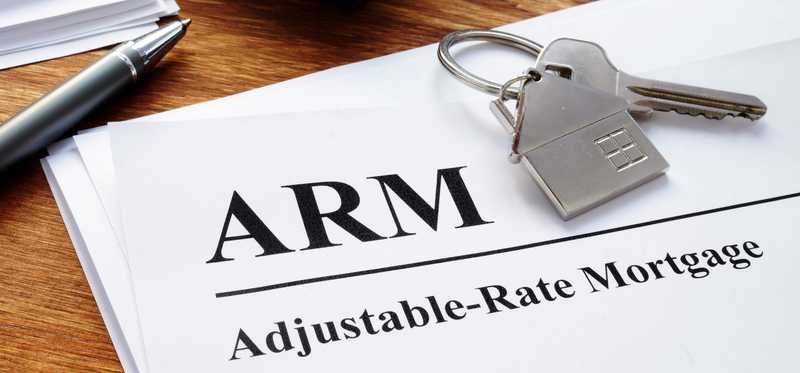
5. Be very careful with adjustable rate mortgages
Orman also had a warning homebuyers should heed if they are considering an adjustable-rate mortgage (ARM).
"If you can only afford a home because you're doing an adjustable-rate mortgage, and you don't know how they really work. I would be very careful with them if I were you," Orman said to Yahoo Finance.
ARMs are risky because the initial rate is only locked in for a limited time, such as three or five years. After that, the interest rate can go up, and monthly payments and total costs can climb.
5 Stocks Under $49
Presented by Motley Fool Stock Advisor
We hear it over and over from investors, "I wish I had bought Amazon or Netflix when they were first recommended by The Motley Fool. I'd be sitting on a gold mine!" It's true, but we think these 5 other stocks are screaming buys. And you can buy them now for less than $49 a share! Click here to learn how you can grab a copy of "5 Growth Stocks Under $49" for FREE for a limited time only.
Previous
Next
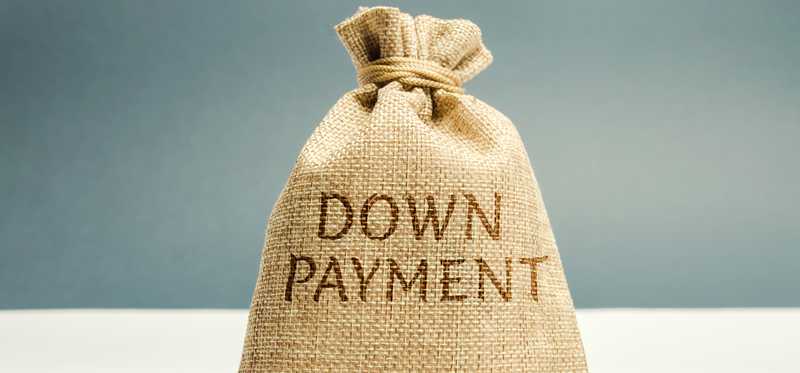
6. Put down 20% (or 10% with caveats)
When you buy a home, you need to make a down payment. Orman generally recommends putting 20% down.
However, she told NextAdvisor in an interview that you can move forward with just a 10% down payment if you really want to be a homeowner and have an emergency fund, no credit card debt, and are investing enough for retirement. A reasonable down payment is crucial to avoid owing more than your home is worth and to qualify for an affordable mortgage with most lenders.
Previous
Next

7. Aim for a 740 or higher credit score before buying
Lenders consider your credit when deciding whether you should get a mortgage and what rate you will have to pay. That's why Orman advises focusing on improving your credit if you're planning to buy.
"If your score is lower than 740, please focus on boosting it as much as possible over the next few months," Orman said in a blog post about homebuying.
Previous
Next

8. Don't buy a house until you can qualify for a conventional loan
Some mortgages are backed by the government and are easier to qualify for. But Orman doesn't think you should rely on this kind of loan to buy a home.
"If your credit score is too low to qualify for a good conventional mortgage/PMI deal, I don't think you should be buying. Raise your credit score first," Orman advised on her blog.
Orman is right that most people should try to qualify for a conventional mortgage (one not guaranteed by the government) when possible. Conventional loans tend to come with lower rates and fewer upfront fees.
ALSO READ: Suze Orman Has Some Controversial Advice About FHA Loans. Is She Right?
Previous
Next

9. Aim for a credit utilization ratio below 20%
Orman urges homebuyers to try to use no more than 20% of their available credit. This will help boost their credit score because the credit utilization ratio is a key factor in setting that score. Orman also suggested paying down as much other debt as possible to improve your debt-to-income ratio that lenders look at when deciding whether to approve a loan.
Previous
Next

10. Become a shopping miser before buying a home
Orman has also warned against shopping too much on your credit cards in the months before buying a home, suggesting you become a "shopping miser."
This is good advice because lenders look at your monthly payments when deciding how much to lend you. Even if you plan to pay off your balance in full, if card companies report you owe a lot, this could affect your ability to close on your home loan.
5 Stocks Under $49
Presented by Motley Fool Stock Advisor
We hear it over and over from investors, "I wish I had bought Amazon or Netflix when they were first recommended by The Motley Fool. I'd be sitting on a gold mine!" It's true, but we think these 5 other stocks are screaming buys. And you can buy them now for less than $49 a share! Click here to learn how you can grab a copy of "5 Growth Stocks Under $49" for FREE for a limited time only.
Previous
Next

11. Save up a hefty amount of cash before buying
Orman suggests saving not only at least a 10% down payment (and ideally 20%) but also an eight-month emergency fund. This is great advice because you don't want to become unable to afford your house or any surprise repairs if things go wrong after you buy.
ALSO READ: Here's How Big Suze Orman Says Your Emergency Fund Should Be Before You Buy a House
Previous
Next
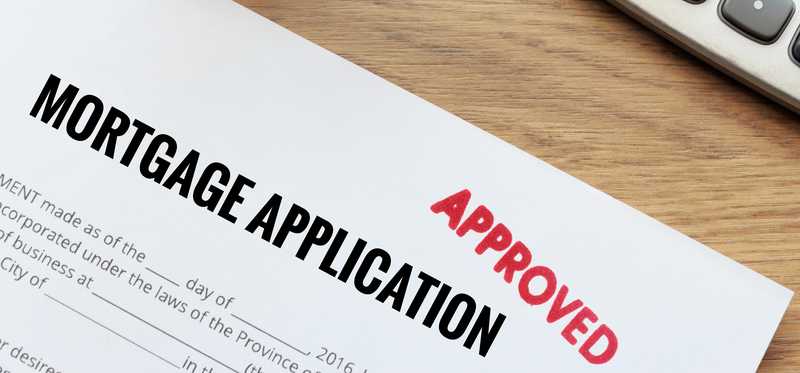
12. Choose a 15-year-mortgage
You'll have to choose a term length when you get a mortgage. Orman recommends a 15-year loan instead of the more common 30-year mortgage.
Orman recommends 15-year loans because they generally come with lower interest rates, and you save a lot in interest by paying it for less time. You need to consider the opportunity cost, though, because your monthly payments will be higher, and you will be tying up extra money rather than using it for other things.
Previous
Next

13. Test run your budget for six months before buying
Since being a homeowner is a big financial change, Orman says you should take a test run of your new budget before committing.
"I want you to play house," Orman said, suggesting you practice making your full monthly housing payment even if it is less than your rent. You can put the extra money you are saving above your rent costs into a savings account that will give you a cash cushion when you move forward with buying.
ALSO READ: Are You Ready to Buy a Home? Here's What Suze Orman Says
Previous
Next

14. Don't use your rent as a barometer for what you can afford
Orman also warned against using your rent payment as a measure of how much you could afford to pay for a mortgage. She believes this is a bad idea because your mortgage isn't the only new cost you will likely incur.
"My rule of thumb is to add 30% to the base cost of a mortgage to cover all those expenses," she said in a post on the Alliant Credit Union website, referring to things like insurance and taxes. So if your rent is $1,000 a month, you can't necessarily afford a $1,000 monthly mortgage payment.
Previous
Next
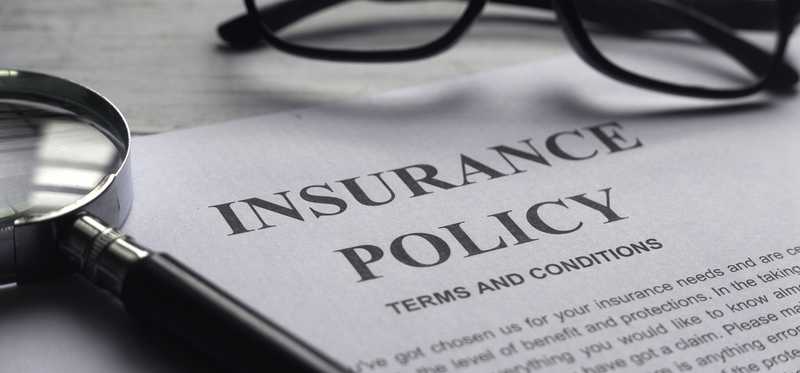
15. Research home insurance costs
Finally, Orman also stressed to Alliant the importance of researching insurance costs.
She suggests getting replacement coverage, which pays to replace the home and your destroyed property in the event of a covered loss. This is an alternative to market value coverage, which only pays what your property is worth at the time of loss.
This is important advice because many people forget to consider insurance before buying a home and spend more than expected to cover their valuable new asset.
5 Stocks Under $49
Presented by Motley Fool Stock Advisor
We hear it over and over from investors, "I wish I had bought Amazon or Netflix when they were first recommended by The Motley Fool. I'd be sitting on a gold mine!" It's true, but we think these 5 other stocks are screaming buys. And you can buy them now for less than $49 a share! Click here to learn how you can grab a copy of "5 Growth Stocks Under $49" for FREE for a limited time only.
Previous
Next

Following Suze Orman's advice can help you make a smart purchase
Orman's tips relate to many aspects of homeownership and homebuying. You can make a fully informed choice by following her advice on mortgages, home insurance, and more. You'll go into buying a property with both eyes open and will hopefully end up with a house that's a great place to set down roots, as well as an investment that will pay off for you in the end.
The Motley Fool has a disclosure policy.
Previous
Next
Invest Smarter with The Motley Fool
Join Over Half a Million Premium Members Receiving…
- New Stock Picks Each Month
- Detailed Analysis of Companies
- Model Portfolios
- Live Streaming During Market Hours
- And Much More
READ MORE
HOW THE MOTLEY FOOL CAN HELP YOU
-
Premium Investing Guidance
Market beating stocks from our award-winning service
-
The Daily Upside Newsletter
Investment news and high-quality insights delivered straight to your inbox
-
Get Started Investing
You can do it. Successful investing in just a few steps
-
Win at Retirement
Secrets and strategies for the post-work life you want.
-
Find a Broker
Find the right brokerage account for you.
-
Listen to our Podcasts
Hear our experts take on stocks, the market, and how to invest.
Premium Investing Services
Invest better with The Motley Fool. Get stock recommendations, portfolio guidance, and more from The Motley Fool's premium services.